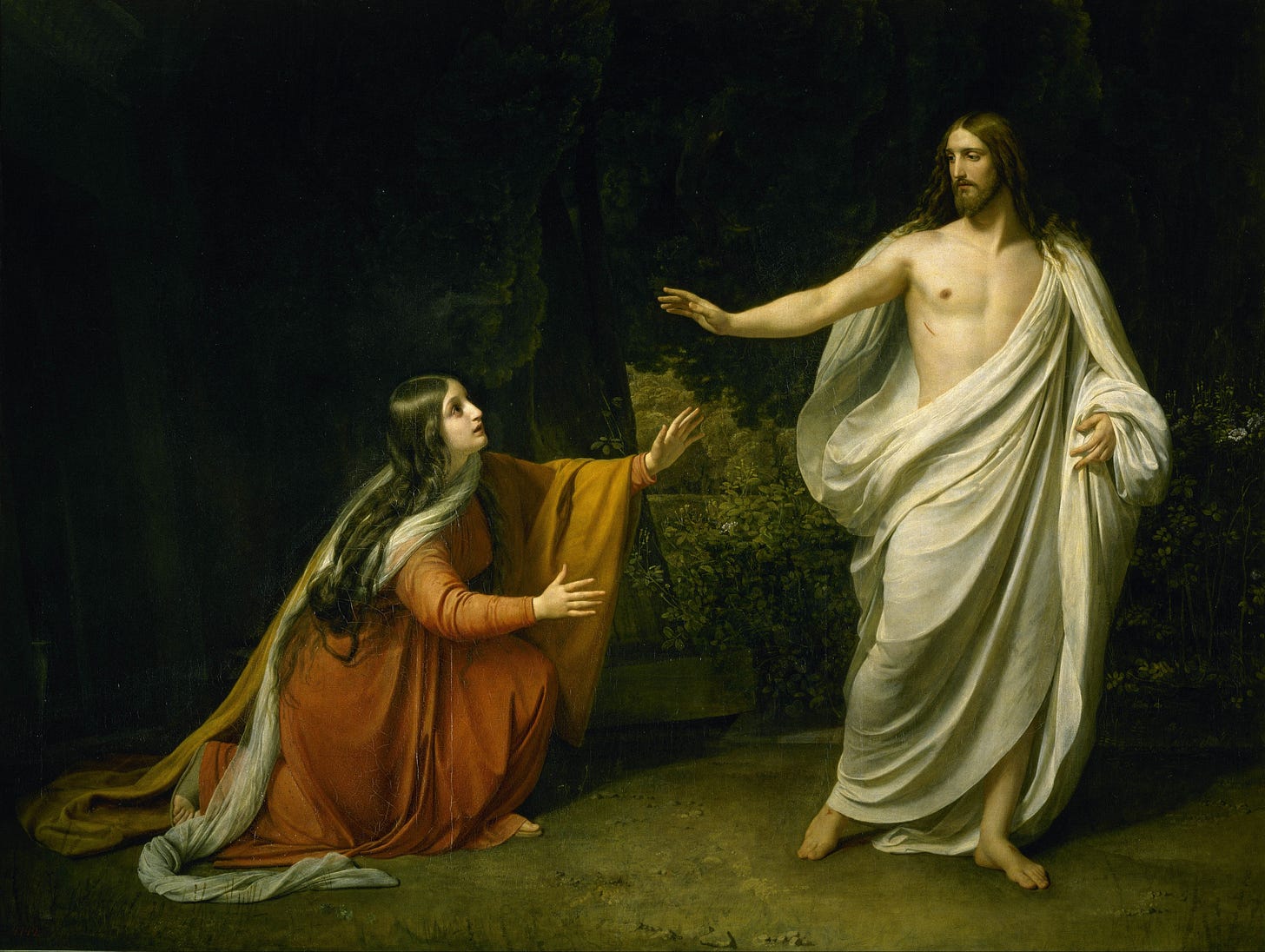The justifying word.
Gerhard Forde on God’s too-good-to-be-true word of promise.

In all likelihood, I will be sharing not a few passages from my latest read, Gerhard O. Forde’s Justification by Faith: A Matter of Death and Life. This little book is essentially a collection of five lectures delivered by Forde on the theological distinctive of justification, especially as it is seen in the Augsburg Confession. The Augsburg Confession, originally ratified in 1530, was drafted by some of the leading Protestant theologians, namely, Philipp Melancthon, Justus Jonas, and, of course, Martin Luther. This confession has become an indispensable expression of Lutheran faith and practice. Forde’s aim, however, isn’t so much to walk through the confession word by word or article by article, as much as it is to examine its “explosive” after-effects. “The gospel of justification by faith,” Forde says, “is such a shocker, such an explosion, because it is an absolutely unconditional promise. It is not an ‘if-then’ kind of statement, but a ‘because-therefore’ pronouncement: Because Jesus died and rose, your sins are forgiven and you are righteous in the sight of God!” (24). Chief among these incendiaries is the articulation of justification via the “death-life” paradigm. For Forde, the language that best fits Christ’s justification of sinners is that of death and resurrection. He writes:
When God acts upon us with his grace, with his justifying deed, his pronouncement, we become simul iustus et peculator, simultaneously righteous and sinner. What is revealed ultimately to faith is, paradoxically, our incredible and persistent lack of faith. When the word of promise comes or begins to dawn on us, our reaction is “I can’t believe it! You mean that’s all?” As when the word of a lover, “I love you!” comes to one who is always trying to become more lovable, and the response is: “I can’t believe it — it’s too good to be true.” The word of promise engenders faith and at the same time reveals to faith the truth of the situation — the power and persistence of sin (unbelief). It reveals the duality. Grace is not a mysterious supernatural power which operates somehow secretly behind the scenes. Grace is the divine pronouncement itself, the morning star, the flash of lightning exploding in our darkness which reveals all truth simultaneously, the truth about God and the truth about us. Since righteousness comes just by divine pronouncement, by divine “imputation” as Luther liked to put it, it cannot come either at the beginning or end of any of our schemes of “movement.” It establishes an entirely new situation. It can be received only by faith, suddenly “seeing” the truth. It is not a movement on our part, either with or without what was previously called “grace.” It is a re-creative act of God, something he does precisely by speaking unconditionally. It is like the “let there be light” which reveals the darkness to be darkness simultaneously with its own lightening. (29–30)
Christ is God’s word of promise, declared before the foundation of the world as the Lamb who would take away the sins of the entire human race (Rev. 13:8; cf. 1 Pet. 1:19–20). As such, Christ’s definitive pronouncement of absolution is already a done deal, signed, sealed, and delivered in his “once for all” atonement (Rom. 6:10; Heb. 7:27; 10:10).
Grace and peace, my friends.
Works cited:
Gerhard O. Forde, Justification by Faith: A Matter of Death and Life (Eugene, OR: Wipf & Stock, 1991).


